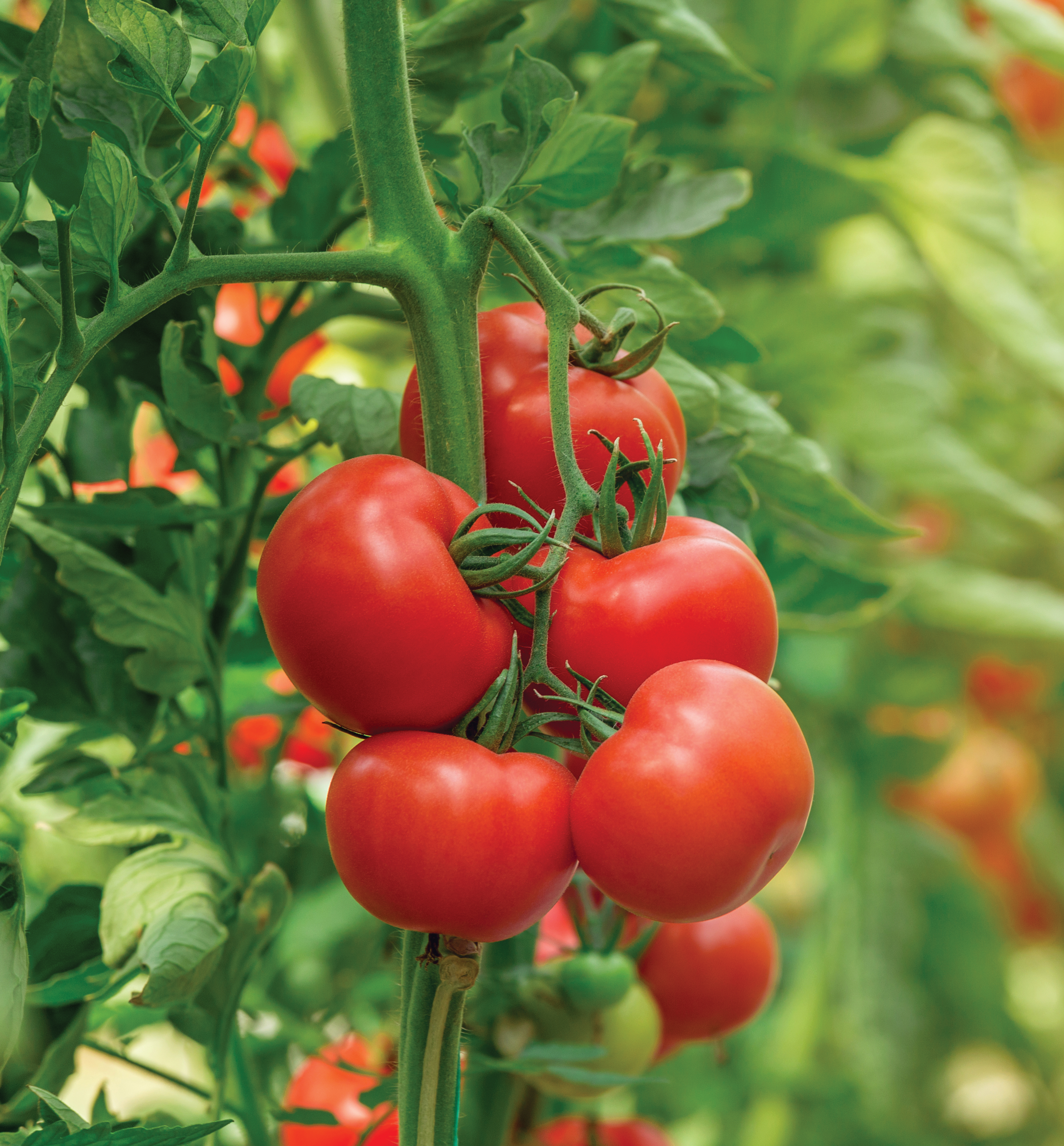
Industry experts say produce prices could skyrocket if President-elect Donald Trump's proposed tariffs on Mexican goods are implemented.
Trump, who campaigned on promises to lower costs for Americans and combat inflation, announced on Monday on Truth Social his plan to impose tariffs on the United States’s three largest trading partners– China, Canada, and Mexico.
Trump pledged a 25% tariff on all imports from Canada and Mexico as part of his strategy to address immigration and fentanyl trafficking.
Matt Mandel, vice president of finance and legal at SunFed, a Nogales, Arizona-based produced importer, thinks the tariffs contradict Trump’s campaign promises.
“Tariffs basically equate to attacks on the American consumers,” Mandel said, explaining that such measures are not paid by foreign countries but by U.S. importers ultimately American shoppers.
According to Mandel, companies like his, that employ American workers will bear the financial burden.
“What this basically boils down to is all of the goods that we sell will immediately become at least 25% more expensive,” Mandel said.
Whether that price hike is visible at the store on day one, depends on the retailer.
“However we have to pay these imports immediately on day one,” Mandel said.
The increased costs of doing business, he explained, would create an overall chilling effect on the entire produce industry and erode consumer confidence.
“I have not been able to find a single person within our industry that thinks this is a good idea,” Mandel said, emphasizing how interconnected the U.S., Mexico, and Canada are in produce production and trade.
“The total amount of produce that is being grown domestically is nowhere near sufficient to feed this country,” Mandel added.
He also dismissed claims that American-grown produce would remain cheaper; if tariffs drive up import costs, domestic farmers will likely follow suit.
“Domestic producers aren’t going to continue to sell at the same prices as if they know that their import counterparts are going to be selling for higher prices, they know that they will be able to raise their prices as well,” Mandel said.
Mandel warned that reduced supply coming into the U.S. as a result of tariffs would push prices even higher, leaving no short-term scenario where grocery store prices decrease.
Retaliatory tariffs could further compound the issue.
“The fact that we’re talking about tariffs on goods that will affect the cost of groceries to American consumers and is being posited as a step towards reducing drug trafficking and illegal immigration, I just hope cooler heads will prevail,” Mandel said. “Rather than taking extraneous measures that will end up hurting not just American consumers, but American businesses and the employees of those businesses as well.

By submitting your comments, you hereby give AZPM the right to post your comments and potentially use them in any other form of media operated by this institution.